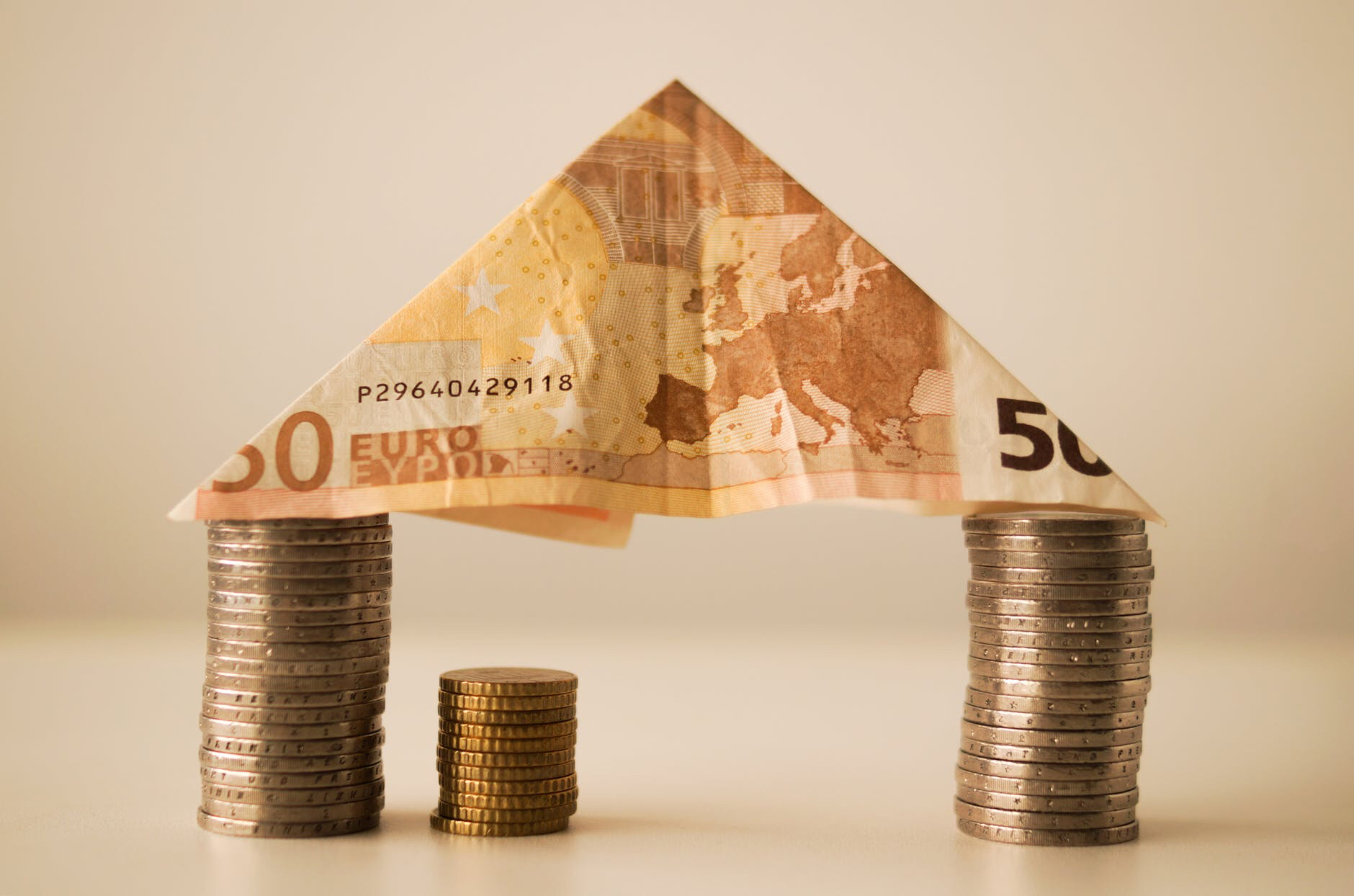Firstly a caveat: this particular blog isn’t meant to offer specific financial advice to the reader about what investment products or investment classes to invest in. Readers should seek professional advice to help them understand the risks and choices available relating to financial products made available by particular providers.

What is a household budget?
It is simply looking at a period of time, such as the next 12 months. And listing both household income and expenditure over that period, with a reasonable degree of accuracy. If there is little accuracy, the list is merely a dream.
Secondly, try not to confuse precision with accuracy. Precision might estimate items on the list to the nearest penny. But that doesn’t mean those numbers are accurate. Accuracy is about being broadly right (to the nearest one thousand dollars or pounds say).
Fixed costs and volatile costs
Some household spending items are easy to estimate. And won’t change for the foreseeable future. For example, agreed mortgage payments, or room rent. Others are inherently uncertain. For example, repair costs. Or the earnings & duration of the next ‘gig’ for gig workers.
Volatile costs are a form of uncertainty. And uncertainty can be managed by improving your personal flexibility (PFL). See my blog on ‘Personal Flexibility and Uncertainty’ for more on this.
When you put together your annual household budget, try to identify which items are fixed (reliable) and which line items are volatile. How volatile? Plus or minus 20% volatile? If there are lots of volatile items and the level of volatile (plus or minus) is significant, you could usefully do a ‘best case’ and ‘worst case’ version of your expected budget. Then as you monitor your actual progress against your budget during the year, you can start to take steps. For example, if your household budget increasingly moves towards the worst case version, then as soon as possible, start cutting back on discretionary spending. Or increase the income sources. Likewise, if the actual budget increasingly moves towards the best case version, try to actively save those extra funds ‘for a rainy day’. By increasing your household savings, you are making your PFL stronger.

Lines of credit
It is tempting to use your lines of credit (bank account overdraft or credit cards) to bridge the gap between household income and spending. Try to resist living your life on credit. That resistance will save you money. And increase your PFL, by giving you more short-term options if you need money in a crisis.
Budgeting for time-poor budgeters
The household annual budgeting can be as much of a chore as you want to make it. For my own household budget, I spend as little time preparing & monitoring actual spending as I can get away with. And it certainly isn’t itemized to two decimal places of precision!
Budgeting for big ticket items
How do you budget for big items on your annual household budget? The solution is to slowly save up for them. And buy them when you can finally afford to. Or to use bank loans to buy them. And pay off the loan at a rate you can comfortably afford over time. You’ll need a good credit history to get a bank loan, so bear this in mind.
You will have more personal flexibility, if you slowly save up (no interest costs) to buy the big ticket items. Perhaps think about taking out a loan to only buy big items that will go up in value themselves over time. But where you get a benefit from them every day. For example, a property comprising a home on some land you own. That said, buy at a good price and try not to buy land in an area prone to flooding, coastal erosion, hurricanes etc to reduce your risk.

Quick wins and small triumphs
Try if you can, to have some items in your annual household budget that give you & your family some quick wins and small triumphs. You can’t live your entire life saving up for the things you want. And never actually see any benefits along the way.
Single benefits and family benefits
Try if you can, to include some items in your household budget that benefit the whole family. Not just one or two members. It’s a bit like in the workplace, if the employer offers a pension scheme, all staff can benefit. If they only offer childcare support, or a commuter train travel loan, staff will benefit unevenly.
Time and money trade-offs
To some extent, budgets are a trade-off between time and money. For people who are time-poor but money rich, they pay for more support services and that is reflected in their household budget. For those in the opposite position, they have more of a do-it-yourself culture and save money by say growing their own food, doing childcare inhouse and cooking their own meals. Be realistic about your budget and what trade-off will work for your household.
Budget trade-ons versus budget trade-offs
One way to improve your budget is to look for trade–ons rather than trade–offs. A trade-on is like a double benefit. For example by cutting back on expensive entertainment and doing some self-study instead, you increase your marketable skills (to earn more income), but save money in your household budget as well.

If you prepare a first version of your annual budget and don’t like the result, look for some trade-ons to make the budget more viable.
There tends to be a positive correlation between trade-ons and PFL i.e. the more of one, the more of the other is possible.
Lastly, if you find these blogs useful, please spread the word, so others can benefit too.
Simon